We always like to recognize the contributions of Indigenous people in STEM fields. Here is a selection of Indigenous science and healthcare professionals and their respective accomplishments that you and your students can learn about all year round.
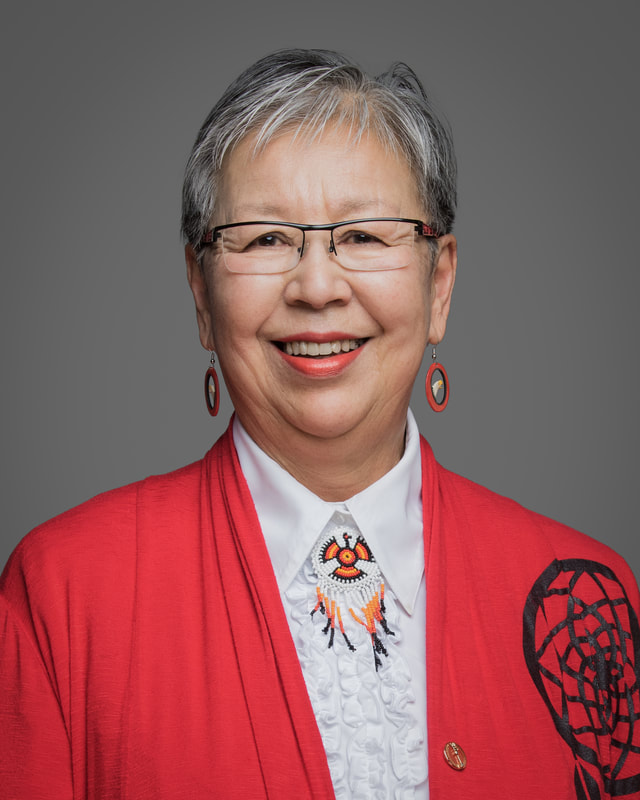
Dr. Lillian Dyck has experienced many firsts in her tenure as a neuroscientist and Canadian senator. She possesses heritage from Cree George Gordon First Nation and China. Dr. Dyck was the first Indigenous woman in Canada to earn degrees in science, which included her Master’s and PhD. As a full professor of neuropsychiatry at the University of Saskatchewan, Dr. Dyck pursued leadership as an Associate Dean. The Prime Minister appointed her to the Canadian Senate, which was also notable first for a First Nations woman. While there, Dr. Dyck pursued new policies that sought to improve life for Indigenous people of Canada. Throughout her life, Dr. Dyck earned many honors and awards, such as the National Aboriginal Achievement Award for Science & Technology, a YWCA Woman of Distinction Award for Science, Technology & the Environment, a YWCA Lifetime Achievement Award, and Officer of the Order of Canada. (Photo credit: BrainReach North)
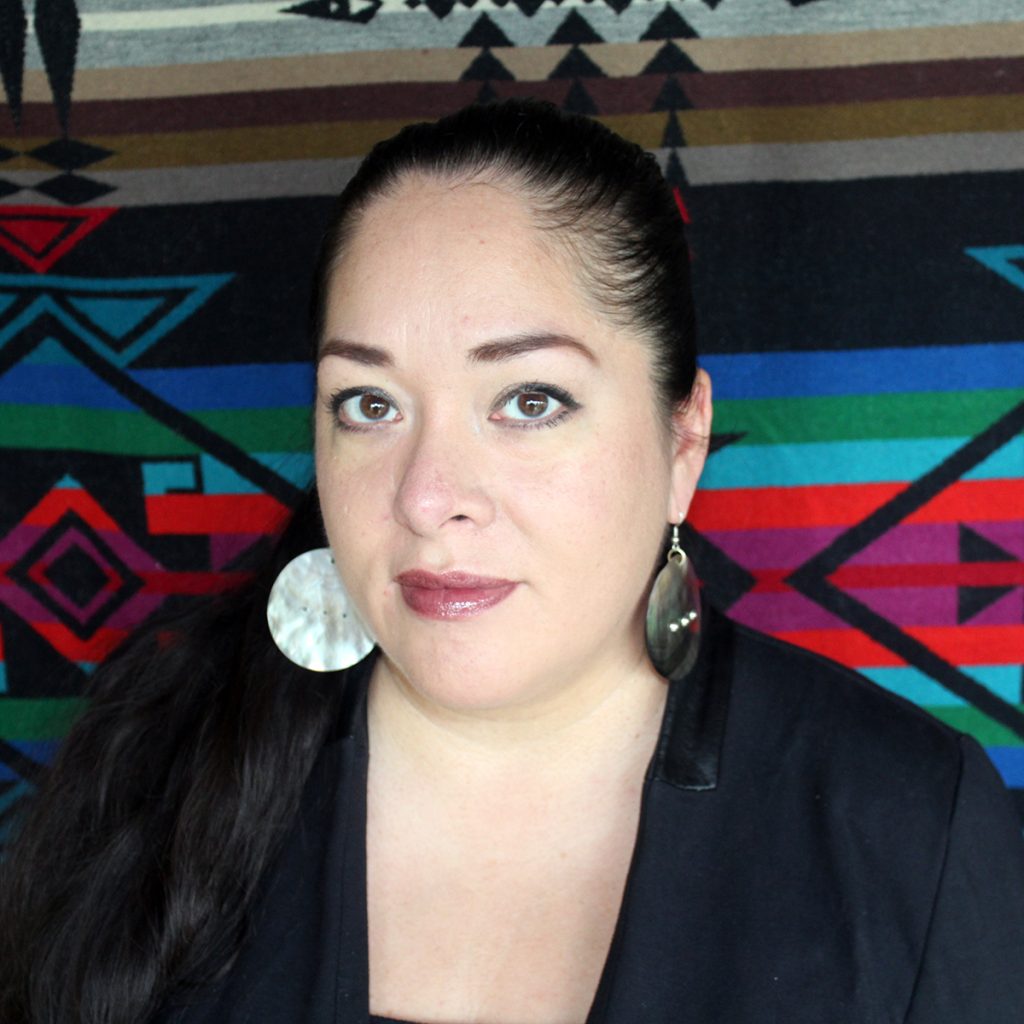
Abigail Echo-Hawk from the Pawnee Nation of Oklahoma is a noted chief research officer for the Seattle Indian Health Board and the director of the Urban Indian Health Institute, one of twelve tribal epidemiology centers. Echo-Hawk’s leadership was integral to researching and co-authoring a data report on the missing and/or murdered Indigenous women and girls in the United States, which countered the initial lack of data on this critical issue. (Photo credit: National Institutes of Health)
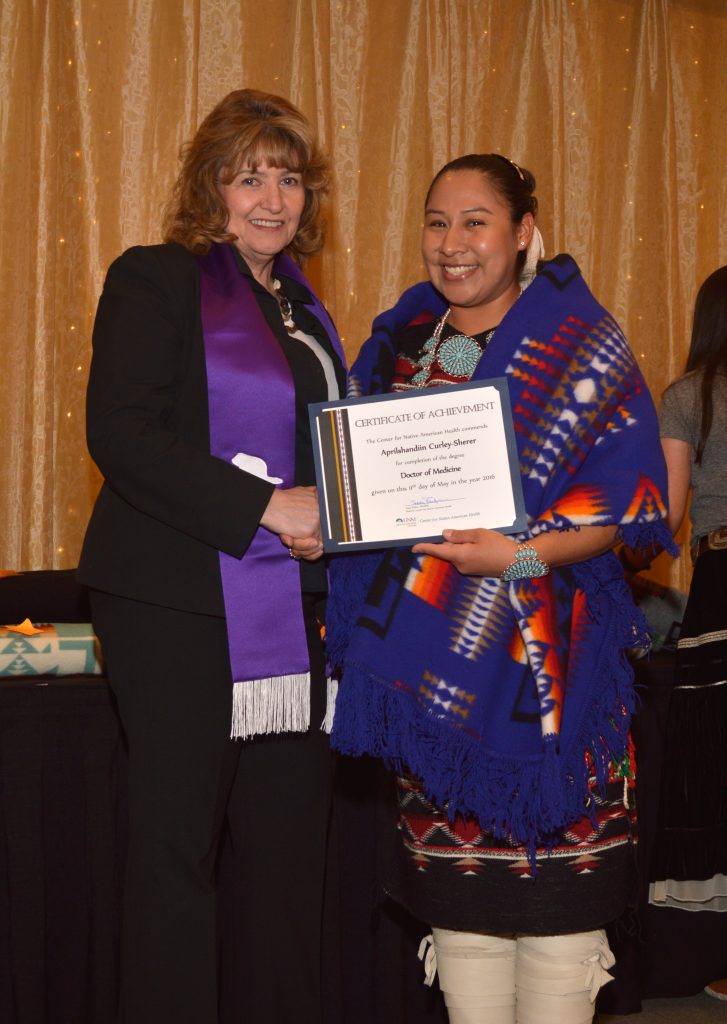
Dr. Aprilshandiin Curley-Sherer, Navajo, is a family medicine specialist at the University of New Mexico hospital in Albuquerque, New Mexico. She earned her Bachelor’s degree in Psychology at Brown University and was awarded her M.D. in 2016 at the University of New Mexico. Dr. Curley-Sherer completed her residency in Family Medicine in 2019 at the University of New Mexico School of Medicine. Dr. Curley-Sherer’s father was a traditional Navajo healer and her mother was a K-12 teacher, which fueled her own passions for both healthcare and scholarship. She is particularly noted for focusing efforts on Indigenous health care in Albuquerque, New Mexico. (Photo credit: Center for Native American Health)
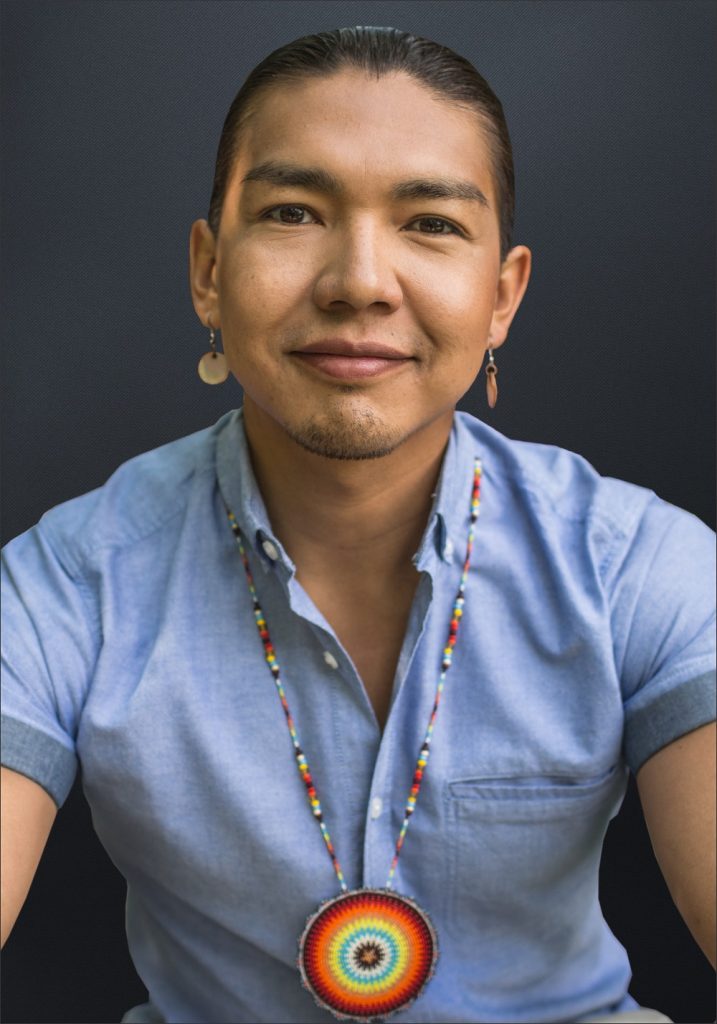
Dr. James Makokis is a Nehiyô (Plains Cree) family physician from the Saddle Lake Cree Nation in northeastern Alberta, Canada. Dr. Makokis is an Indigenous two-spirit person who has a passion for treating transgender people from the Cree communities and all over the world. Fun fact: Dr. Makokis participated in “The Amazing Race Canada” and won in season 7. His team was named “Team Ahkameyimok,” which means ““Never give up” in the Plains Cree language. (Photo credit: American Association of Collegiate Registrars and Admissions Officers)
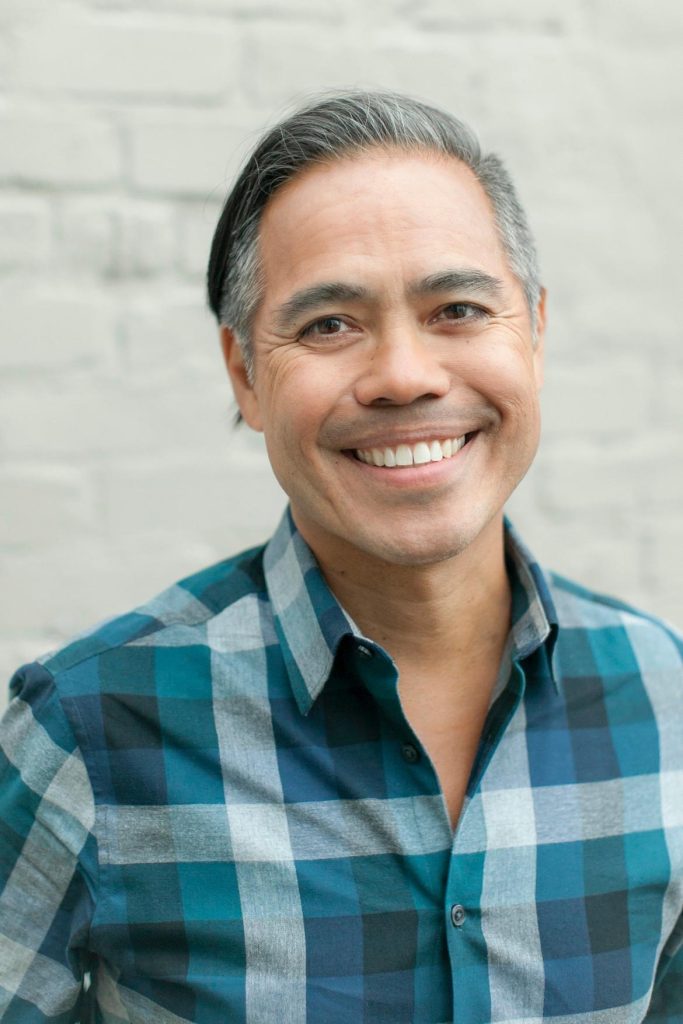
Dr. Evan Adams, a Coast Salish member from the Sliammon First Nation in British Columbia, is both a talented actor and doctor whose first role was playing Thomas Builds-the-Fire in the internationally acclaimed Indigenous indie film “Smoke Signals,” which was based on a book by the award-winning Spokane author, Sherman Alexie. After starring in several movies and TV shows centered on Indigenous stories, Dr. Adams decided he wanted to pursue his dream of becoming doctor at the University of Calgary. He succeeded and completed his residency at St. Paul’s Hospital in Vancouver, B.C. Dr. Adams worked extensively with First Nations health programs, which was his way of giving back to the broader tribal community. In 2007, Dr. Adams became the first Indigenous physician advisor at the B.C. Ministry of Health. More recently, Dr. Adams became the Chief Medical Officer of the First Nations Health Authority in 2014, where his leadership alongside government partners directly informs public health policies for all British Columbians. (Photo credit: Vancouver Island University)
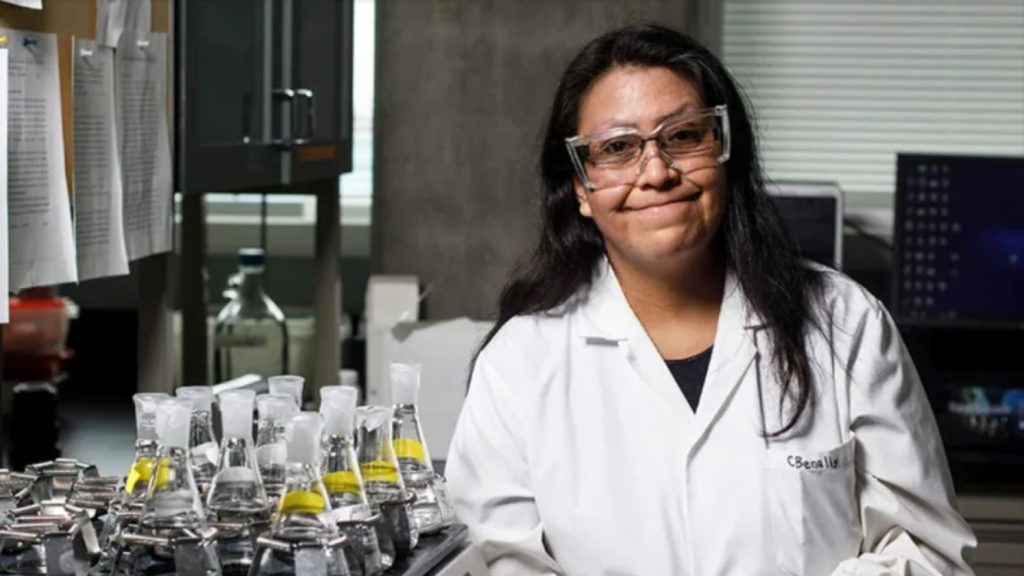
Dr. Chelsea Benally, Navajo, is the first Indigenous woman to graduate with a PhD in engineering in Canada. While she had completed this at the University of Alberta, Dr. Benally had previously worked as a chemical engineer at Sandia Laboratory in Los Alamos, New Mexico, which is a little closer to home, which is Flagstaff, Arizona. Now, she is known for her work in researching ways to remediate natural resources that are in environmental decline due to mining. (Photo Credit: CBC/University of Alberta/Facebook)
Share Your Knowledge With Your Community or the World
Learn more about making custom games by playing our game on making games, “Your Game Goes Here“. Play it on a computer and see how we can make a custom game for you and your community. We can help you reach more of your audience. Reach out to us for more information on custom games on our Customized Development page.
Play “Your Game Goes Here” on a computer.

